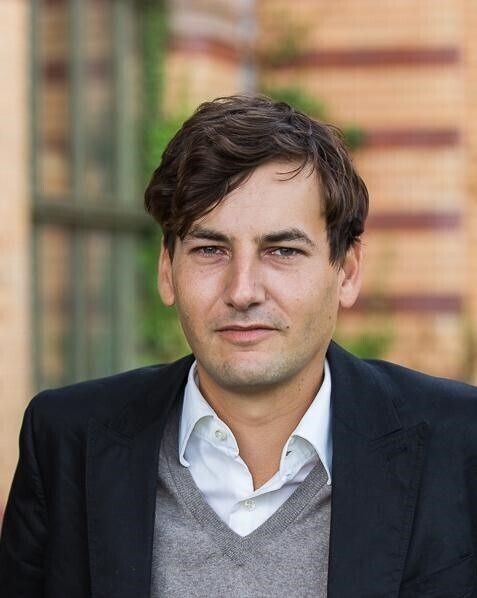
Sustainable Land Use Futures
Meeting multiple Sustainable Development Goals (SDGs) to simultaneously maintain a livable environment and provide for the material and social well-being of a large and growing human population will require a fundamental transformation of society and its relationship to the earth system. Land systems play a key role for achieving sustainable development within planetary boundaries, as they do affect many SDGs and their interactions. In the future, land systems will on the one hand be facing new intersecting challenges such as climate change and increasing demand for ecosystem services. On the other hand, land systems will have to undergo fundamental transformations to meet the requirements of climate protection, environmental and social sustainability, food and water security as well as biodiversity protection and regeneration.
In this presentation, I will talk about my major aim to provide society, political, and economic decision-makers with tools and evidence to transform land-use systems in a sustainable manner. I will sketch my current and future research agenda and highlight how my scientific outcomes and activities for scientific assessments such as IPCC and IPBES help to inform decisions, practices, and policies.
Bio: Alexander Popp leads interdisciplinary land-use research at the highly renowned Potsdam Institute for Climate Impact Research, Germany. He coordinates the development of the global ‘Model of Agricultural Production and its Impacts on the Environment’ (MAgPIE). Moreover, he contributes to several international assessment processes such as the IPCC and IPBES. Alexander Popp has published more than 100 peer-reviewed scientific articles and is ranked by the global Web of Science among the 1% most cited scientists.
Co-sponsored by: Cornell Atkinson Center for Sustainability and the Department of Global Development
in the College of Agriculture and Life Sciences
Reception to follow